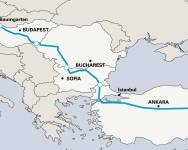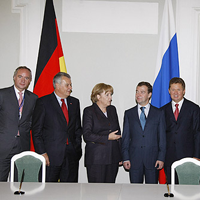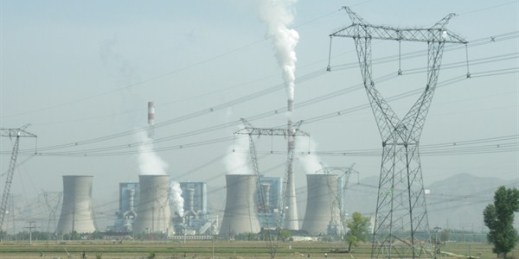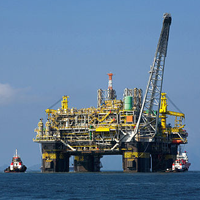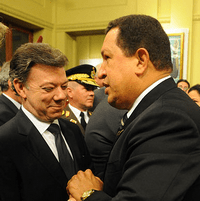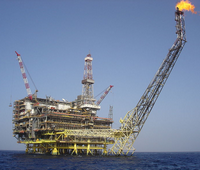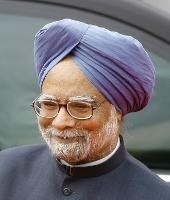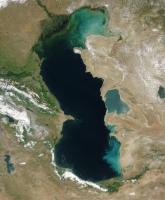
On Nov. 18, for the first time since their October 2007 summit in Tehran, the leaders of the five Caspian Sea littoral states — Azerbaijan, Iran, Kazakhstan, Russia and Turkmenistan — gathered in Baku to discuss issues including maritime-border delimitation, security and environmental protection. Despite a dramatically changed regional situation since the last summit, the Baku meeting nevertheless produced little in terms of substantive outcomes. But recent trends point to future breakthroughs. What has changed since the Tehran summit? Washington and Moscow have achieved a warming in relations, with burgeoning bilateral cooperation on Iran and Afghanistan in particular. To avoid […]

